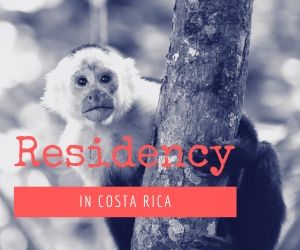What If The Worst
Were To Occur?
Learn more at
http://www.pandemicflu.gov
by Michael Barnaby
What if you and your entire family become bedridden, hospitals turn away patients, and schools, businesses, even houses of worship, close and become off-limits?
It’s entirely possible. And according to scientists, even probable.
Pandemics – worldwide disease episodes – have occurred throughout recorded history, the most recent being the influenza pandemics of 1918 (Spanish flu), 1957 (Asian flu) and 1968 (Hong Kong) flu.
While the Asian and Hong Kong illnesses were relatively mild, the Spanish flu devastated the planet, killing between 20 and 40 million people – more than the death toll from World War I. At one time, one-quarter of the United States and one-fifth of the world were infected with this strain of influenza. It was impossible to escape from the illness. And so it could be again.
Have you given any thought to how a situation such as this would affect you personally? Your preparedness now will impact how your family “weathers the storm†of a national or global surge of sickness.
Consider this possible – probable - scenario: To begin with, any effective vaccine will not be available for about six months after the pandemic begins, and it’s likely that there won’t be enough to treat the entire population. Ch*ldren and young adults may be hit disproportionately, and most probably will have to remain and be treated in the home. Everyone will be forced to take on greater responsibility, both for themselves and others, since sickness will overwhelm the capabilities of healthcare professional. Even food delivery and other services could be disrupted. And finally, there will be a much higher death rate than normal, with many victims being workers in important services such as communication, medicine and transportation, among others.
Now, all of this may seem to be a bit heavy on the “gloom and doom,†but to paint a different picture would be unfair to all of us. As individuals, as a community, and as a nation, we must prepare ourselves for such an eventuality.
Given the above, what can the individual person do? Well, we can educate ourselves, and we can also take solid, practical steps. Some may seem small, or even trivial, yet may be among the most important steps available:
* Get a yearly flu shot and if over 50 a pneumovax (pneumonia) shot.
* Get into the habit of washing your hands for 20 seconds in hot water with soap or ethanol hand sanitizer; carry antiseptic wipes.
* Get into the habit of coughing/sneezing into the crook of your arm/sleeve, or better yet, use tissue.
* Exercise regularly in order to strengthen your heart and lungs; taking care of your health now will benefit you later.
* If you smoke, stop now.
* Learn basic first aid and nursing procedures, so that you can care for yourself and your loved ones.
* Stay home if you become ill or if you feel you might have been exposed to a virus.
* Always keep a three to seven day supply of food that is non-perishable and easy to prepare.
* Remember water, medicines, basic household necessities (toilet paper, paper towels, plastic bags, tissues, plain bleach, soaps and detergents, batteries, masks, latex gloves, sugar, salt, multivitamins, and other staples.
* Learn how to purify water (rolling boil for 1 minute, or add bleach as directed on label; if unknown, use 10 drops per quart.










